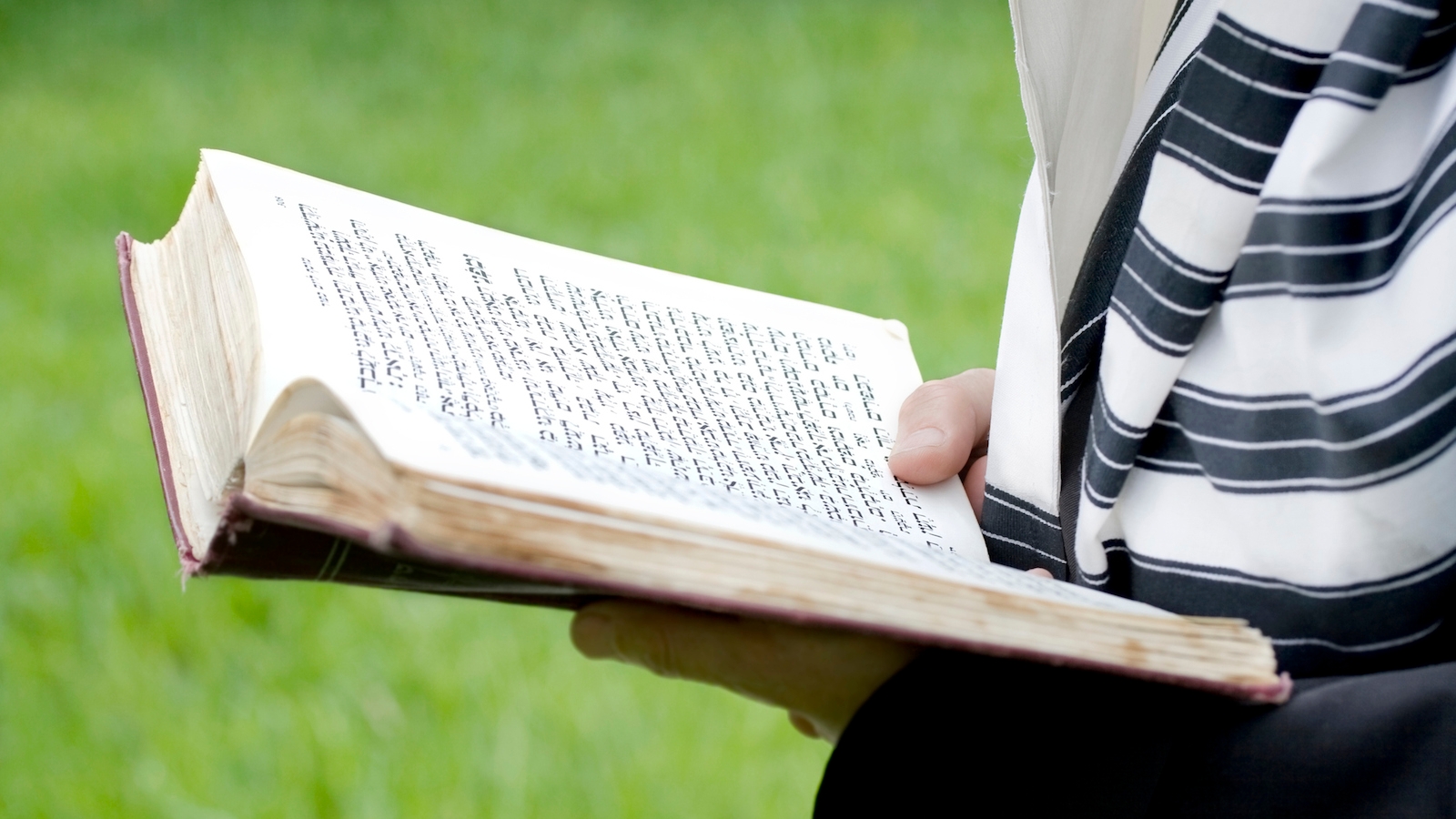In the Jewish tradition, repentance is called , a Hebrew word translated as “returning.” One of the Hebrew words for sin is chet, which in Hebrew means “to go astray.” Thus the idea of repentance in Jewish thought is a return to the path of righteousness.
Teshuvah can be done at any time, but the High Holiday season, and especially, is considered an especially auspicious time for it. The process of repentance, as laid out by Maimonides, includes three stages: confession, regret and a vow not to repeat the misdeed. The true penitent, Maimonides says, is the one who finds himself with the opportunity to commit the same sin again yet declines to do so. Prayer, charity and fasting are also said to help one win forgiveness.
There are two categories of sin in Jewish thought:
- Sins against God: Ritual infractions, such as breaking the Sabbath or eating non-kosher food.
- Sins against other people: Acts such as theft or slander.
According to Jewish tradition, only sins against God can be atoned for through confession, regret and promising not to repeat the action. Sins against other people can be atoned for only once the wrong has been made right — restitution has been paid for a financial crime, for example, and forgiveness received from the victim.

Help us keep Jewish knowledge accessible to millions of people around the world.
Your donation to My Jewish Learning fuels endless journeys of Jewish discovery. With your help, My Jewish Learning can continue to provide nonstop opportunities for learning, connection and growth.
Below are links to My Jewish Learning articles exploring various aspects of the Jewish process of repentance:
The 10 Days of Repentance
Selichot: Prayers of Repentance
How a Former Catholic Became a Believer and Leader of Collective Jewish Prayers of Repentance
Is Forgiveness Necessary?
The Double Purpose of Yom Kippur
The 5 Factors in Teshuvah (Repentance)
The Link Between Confession and Repentance
Rosh Hashanah
Pronounced: roshe hah-SHAH-nah, also roshe ha-shah-NAH, Origin: Hebrew, the Jewish new year.

Help us keep Jewish knowledge accessible to millions of people around the world.
Your donation to My Jewish Learning fuels endless journeys of Jewish discovery. With your help, My Jewish Learning can continue to provide nonstop opportunities for learning, connection and growth.
Talmud
Pronounced: TALL-mud, Origin: Hebrew, the set of teachings and commentaries on the Torah that form the basis for Jewish law. Comprised of the Mishnah and the Gemara, it contains the opinions of thousands of rabbis from different periods in Jewish history.

Help us keep Jewish knowledge accessible to millions of people around the world.
Your donation to My Jewish Learning fuels endless journeys of Jewish discovery. With your help, My Jewish Learning can continue to provide nonstop opportunities for learning, connection and growth.



